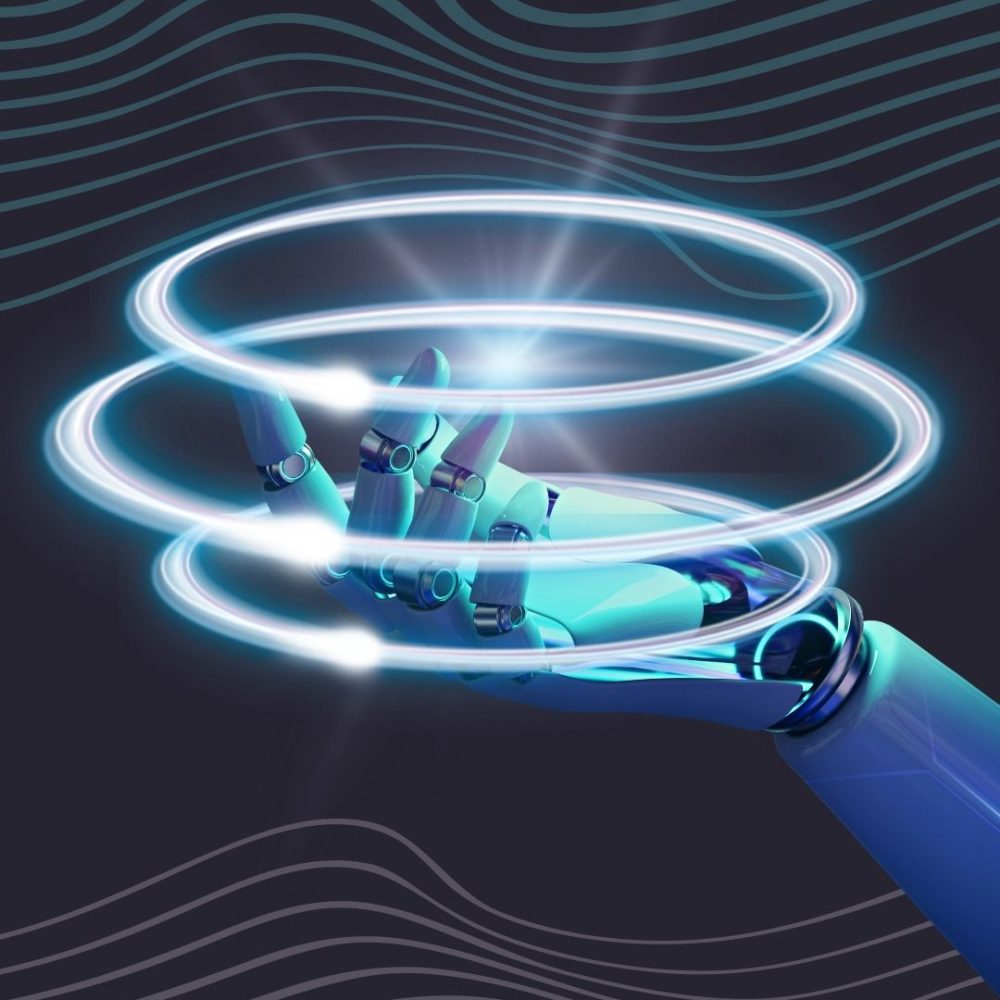
Sanaan Hamza
Creative Designer & Developer
- June 2, 2022
- By Sanaan
- 0 Comments
Understanding Artificial Intelligence (AI) and its Impact on the Future
Artificial Intelligence (AI) is a rapidly evolving technology that has the potential to transform various aspects of our lives. From virtual assistants and chatbots to image and speech recognition, AI is already making its presence felt in our daily routines. In this blog post, we’ll explore the basics of AI, its types, applications, advantages, and challenges, and its potential impact on the future.
1. Introduction AI refers to the simulation of human intelligence in machines that can perform tasks that typically require human intelligence, such as visual perception, speech recognition, decision-making, and language translation. The concept of AI dates back to the 1950s, but recent advancements in computing power and data availability have made it more powerful and accessible than ever before.
2. Types of AI There are two types of AI – Narrow AI and General AI. Narrow AI is designed to perform a specific task, while General AI can perform any intellectual task that a human can. Within these two categories, there are several types of AI algorithms, including Supervised, Unsupervised, and Reinforcement Learning. Deep Learning and Neural Networks are also subsets of AI that are widely used in various applications.
3. Applications of AI AI has numerous applications in various industries, including healthcare, finance, and transportation. In healthcare, AI is being used for diagnosis, drug discovery, and personalized medicine. In finance, AI is used for fraud detection, risk assessment, and portfolio management. In transportation, AI is being used to optimize traffic flows and reduce accidents. AI is also used in everyday applications such as virtual assistants, chatbots, and voice recognition technology.
4. Advantages and Challenges of AI One of the main advantages of AI is its ability to increase efficiency and productivity. AI can perform repetitive tasks with high accuracy and speed, freeing up human workers to focus on more complex and creative tasks. AI can also improve decision-making and provide personalized experiences to users. However, there are also several challenges associated with AI, including ethical concerns and potential job displacement. There are concerns around data privacy and bias, and the potential impact on certain industries and jobs.
5. Future of AI The future of AI is exciting, with continued advancements in AI research and development. AI has the potential to transform various industries, from education to entertainment. However, there are also concerns about the impact of AI on society and the economy. It’s important to ensure responsible AI implementation that takes into account ethical and social considerations.
In conclusion, AI is a rapidly evolving technology that has the potential to transform various aspects of our lives. Its applications are numerous, from healthcare to transportation, and it has the ability to increase efficiency and productivity. However, there are also several challenges associated with AI, including ethical concerns and potential job displacement. The future of AI is exciting, and it’s important to ensure responsible AI implementation that takes into account ethical and social considerations.
